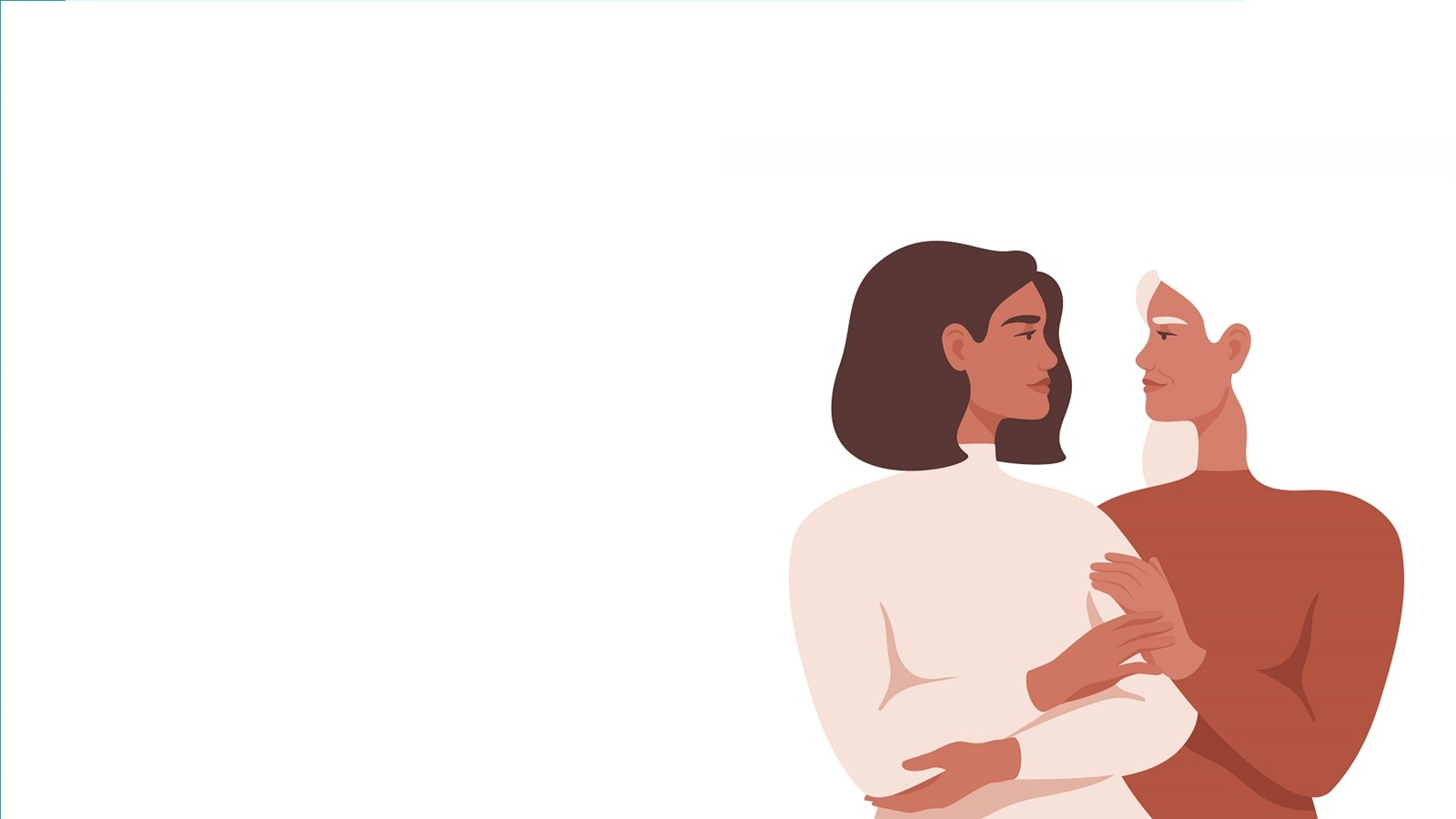When COVID-19 hit in 2020, I had been living back at home for a couple of years, after university. I’d stayed in the city where I’d studied for a year after graduating, and took a series of dull temporary jobs while I got my career off the ground, but had struggled to pay my rent. Feeling defeated, I felt I had no choice but to move back to the middle-of-nowhere village, to live with Mum and her new partner.
Within weeks of the first lockdown, I could feel myself beginning to unravel. I started going for longer walks each day, trying to keep moving from the invisible thing that was chasing me. I could sense tension growing in the house – Mum and I were bickering, and I could feel age-old terror and panic around my new stepfather, linked to past experiences.
Mum had divorced my father when I was 18 months old, leaving him angry and vengeful, showing little interest in me yet insisting on ‘his right’ to have contact. Mum then started seeing a bullying and psychologically abusive man, who was in our lives for 10 years. Growing up, I was anxious, had OCD and was bullied, and I was constantly scared to be away from my mother.
I now know that trauma teaches your body to feel fear in what would otherwise be perfectly normal situations. Every day during lockdown, I felt more afraid. At the same time, I felt a mix of anger and frustration towards Mum that I couldn’t understand. Why was I so furious with her, even though she was just trying to live through a pandemic herself? Why did our relationship leave me feeling a deep well of sadness?
One day, while Mum and I were driving to take a walk together, we suddenly started to talk about the past. ‘I feel like I’m always either angry at you or feeling guilty,’ I said. ‘I think my stepfather ruined our relationship.’ For the first time, I started to make sense of what was undermining us.
Next in this issue
It was the therapist who I had been seeing for more than six years who suggested that Mum and I seek relationship therapy to heal the wounds of the abuse we’d suffered together, and fix what was between us. I agreed, but I don’t think either of us fully knew what we were embarking on. We arrived at our first session in the dark and rain of late September, sat facing our new therapist, and our journey began.
Each session started with us describing some seemingly insignificant event during our week that had bothered one of us, or how we’d not communicated properly, or how we always believed the other one to be angry with us. Our therapist helped us see how these tiny details revealed themselves to be deep wounds stretching back over 20 years. We began to understand why even a brief exchange of words in our kitchen could leave us feeling like a knife had cut us both to shreds. In each interaction, there was a map of our entire lives. It became apparent very quickly how much hurt there had been in what was, for both of us,
our closest relationship.
Over time, therapy ignited in me the most enormous compassion for the person I love the most, helping me to forgive her for her mistakes. It allowed me to see that, despite all of the things we’ve been through and everything that has gone wrong, Mum has always tried her best to do what she can for me. Every parent makes mistakes, not always from lack of love but because they were not given what they needed when they were children. We’ve both been able to step back and see our relationship and look at the details. It’s easier to see that your house is on fire when you’re standing on the steps in front of it.
Relationship therapy with my mother has helped me realise that I’m allowed to feel loved. I’m also learning to stay with the feelings I’m experiencing, knowing it’s safe to let them out. Although I still experience moments of anxiety and panic, I no longer live with a constant sense of fear and being under threat, which means I have the mental headspace to think beyond just surviving. I’m now excited about the next stage of my life, exploring my career options and thinking about when and where I would like to establish a home of my own.
